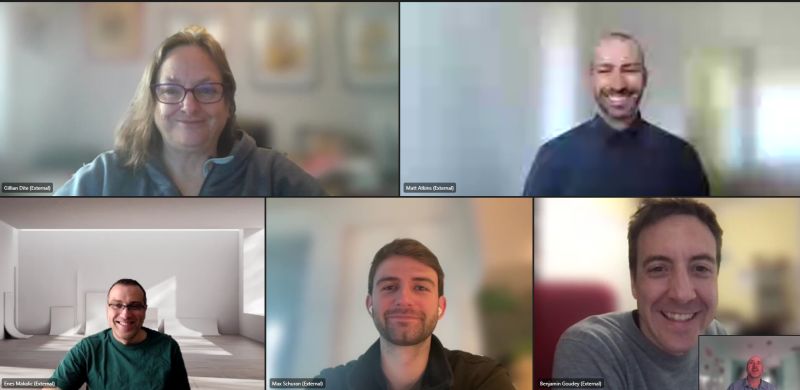
Using machine learning to improve polygenic risk prediction of cancer
Harnessing machine learning to improve polygenic risk prediction of colorectal cancer!!!
Genetic Technologies (GeneType) and the University of Melbourne have commenced a Australian Government Department of Education‘s National Industry PhD project that focuses on predicting the risk of colorectal cancer in the general population.
Project Overview:
This project will develop new methods for improve risk assessment and ancestry-specific adjustments to risk scores originally developed in people of European ancestry.
The project outcomes will inform Genetic Technologies’ existing risk prediction products, thus leading to better identification of people at high risk and enable them to take preventive action or undergo more frequent, or different modes of, screening.

Collaborative Approach:
Leveraging the University of Melbourne’s renowned expertise in machine learning and statistical genomics and Genetic Technologies’ industry leadership in risk prediction, this project epitomises a collaborative approach that bridges the gap between academia and industry.
Value for Industry:
Gillian Dite, Industry Supervisor at Genetic Technologies, comments that “this project will have a big impact on our ability to accurately predict risk of colorectal cancer, especially for people of non-European backgrounds”.
Value for Academia:
Professor Enes Makalic, Academic Supervisor for the project, states that “this is an exciting project leveraging AI and machine learning to improve prediction of colorectal cancer risk, potentially leading advancing our understanding of cancer aetiology and treatment”.
PhD Candidate’s Perspective:
Max Schuran is “passionate about machine learning and even more about its possibilities to have an impact on cancer risk prediction which makes me excited for this PhD journey”.
Project Outcomes:
This project will produce new scientific knowledge and facilitate advancements in colorectal cancer control arising from our expert application of multiple, and mostly novel, cutting-edge strategies using very large family-based genetic and epidemiological resources. The methodology and results of this project will be directly applicable to the other cancers and other diseases for which Genetic Technologies currently offers risk prediction products.
Congratulations to Max, Enes and Gillian! And thank you to Mitch S. and Matt Atkins at the University of Melbourne for their support.